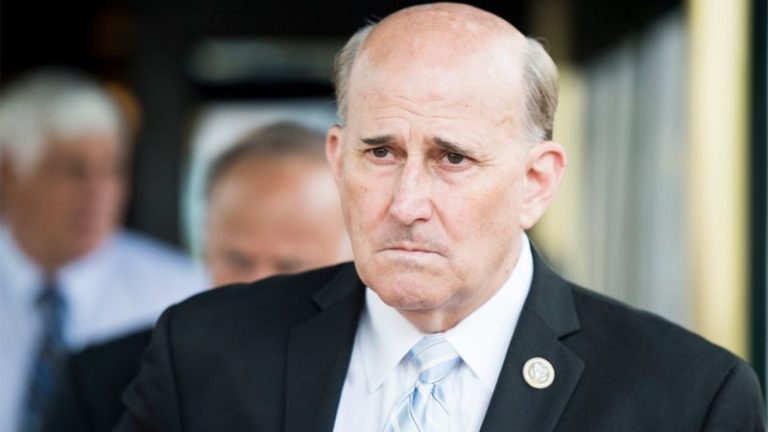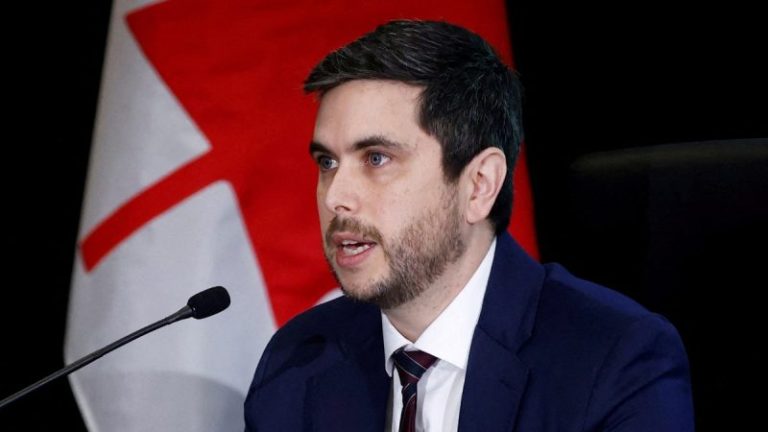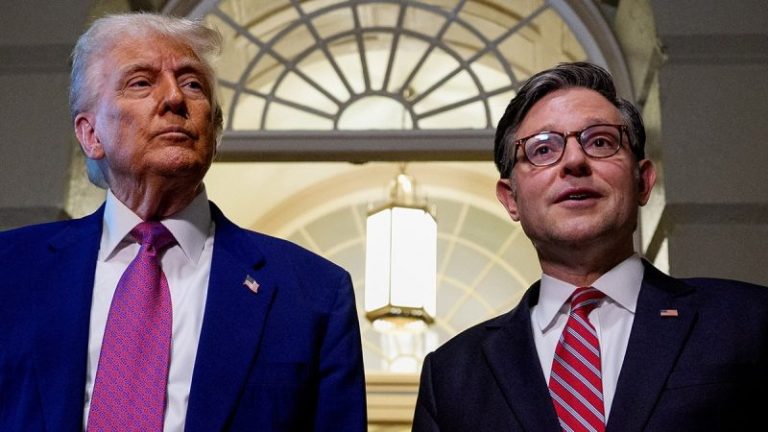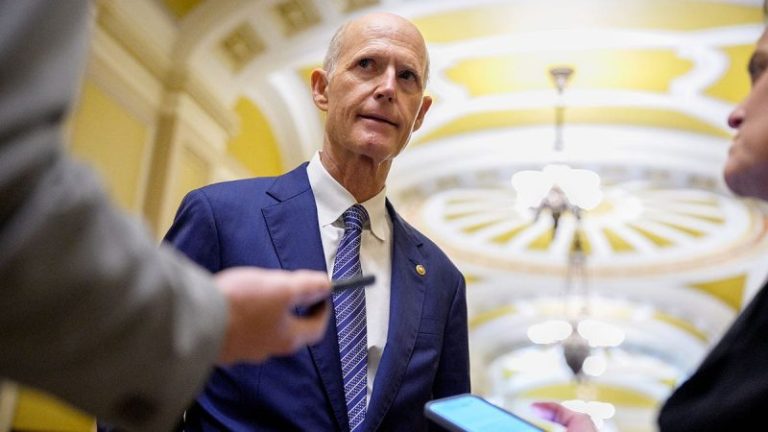Congressional Democrats are warring after one of their own moderates moved to force a vote on formally rebuking a progressive lawmaker, accusing him of undermining the U.S. Constitution with his 2026 announcement.
Rep. Marie Gluesenkamp Perez, D-Wash., stunned fellow lawmakers on Wednesday evening when she filed what’s known as a privileged resolution aimed at scolding Rep. Jesús ‘Chuy’ García, D-Ill., for a move that effectively appeared to clear a path for his chief of staff to run for his seat.
It brought an onslaught of attacks from García’s fellow progressives, like Rep. Delia Ramirez, D-Ill., who accused Gluesenkamp Perez of using it as a distraction from her vote to reopen the government.
‘Going after a strong progressive Latino leader the same day that you vote for a slush fund for Republicans involved in January 6 does not scream democratic values,’ Ramirez wrote on X. ‘It is disappointing that someone willing to compromise working families’ healthcare would use this moment for a cheap political stunt aimed at distracting people from an indefensible vote on tonight’s [continuing resolution].’
García had filed for re-election in late October before abruptly reversing course just before the filing deadline, citing his doctor’s recommendations and a desire to spend time with family.
His chief of staff, Patty García, ‘quickly mobilized a campaign and became the only Democratic candidate prepared to file,’ according to Fox 32 Chicago.
‘Congressman Chuy García’s stated reasons for retirement are honorable, but his decision to anoint an heir is fundamentally undemocratic. This is the kind of thing that makes folks tune out of electoral politics,’ Gluesenkamp Perez said in a statement. ‘Americans bled and died to secure the right to elect their leaders. We can’t expect to be taken seriously in the fight for free and fair elections if we turn a blind eye to election denial on our side of the aisle.’
When reading her resolution of disapproval against García on the House floor, she accused him of ‘undermining the process of a free and fair election’ and said his ‘actions are beneath the dignity of his office and incompatible with the spirit of the Constitution.’
García’s spokesperson responded by saying the congressman followed all proper election guidelines when making ‘a deeply personal decision based on his health, his wife’s worsening condition and his responsibility to the grandchildren he is raising after the death of his daughter.’
‘At a moment like this, he hopes his colleagues, especially those who speak about family values, can show the same compassion and respect that any family would want during a health crisis,’ the spokesperson said.
Rep. Jonathan Jackson, D-Ill., said he was prevented from speaking out to defend García on the House floor.
‘Some people need to learn how to stay in their lane,’ he wrote on X, accusing Gluesenkamp Perez of a ‘lack of decorum.’
Gluesenkamp Perez found an ally in Sen. Andy Kim, D-N.J., however, who said on X, ‘Rep Chuy Garcia’s decision to end his re-election at the last second and plant his chief of staff as the only candidate to succeed him was undemocratic and should not be allowed.’
‘Standing against corruption means standing up no matter which political party violates. The House should condemn and steps need to be taken to restore the people’s right to choose,’ Kim wrote.
Michael T. Morley, Florida State University’s election law center director, said that while he sees Gluesenkamp’s point, he doesn’t believe her complaint raises a legal controversy.
‘It’s one thing to talk about general principles of democracy, right? And it’s something else to talk about constitutional restrictions,’ Morley told Fox News Digital. ‘So, on the one hand, yes, if people are intentionally gaming the system, if they’re working together to try to deprive voters of a meaningful opportunity to make a choice among candidates and manufacture situations where only one person is on the ballot — then yes, obviously, I think that that is directly in tension with democratic principles.’
‘But not all democratic principles are embodied in the Constitution. And this is not the sort of situation where current precedent really creates a good mechanism for anybody to bring a challenge.’
He noted that beyond political expectations, nothing García did would have prevented a challenger from launching their own bid.
Fox News Digital reached out to Gluesenkamp Perez’s office for an interview.










